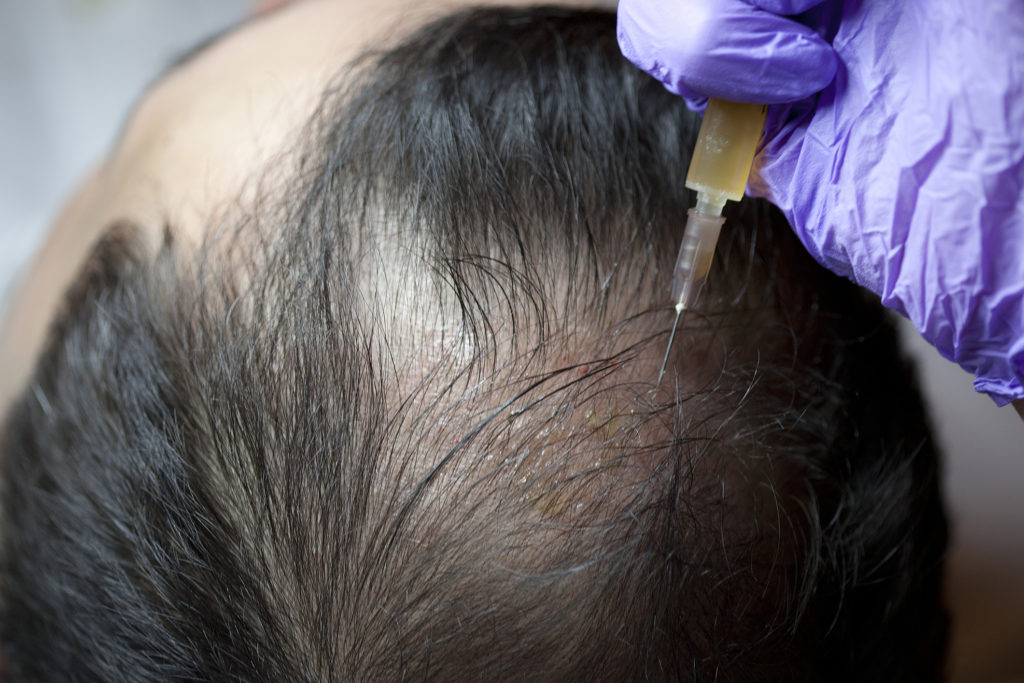If you’ve been scrolling through beauty content on Instagram or YouTube lately, you’ve probably come across the term “Glass Skin.” This Korean skincare trend has gained massive popularity worldwide for its promise of flawless, poreless, and glowing skin that almost looks like glass.
But the real question is – does the Korean Glass Skin routine actually work, or is it just another skincare trend? As a dermatologist, I’ll help you understand what’s effective, what’s hype, and how you can incorporate the right steps into your skincare routine for healthy, radiant skin.
What is Glass Skin?

“Glass skin” is a term that describes smooth, intensely hydrated, and luminous skin with an even tone and no visible pores or blemishes. Unlike makeup-based looks, glass skin is achieved through multi-step skincare routines that focus on hydration, exfoliation, and nourishment.
Daily Skincare Routine for Glass Skin (Simple & Effective)
If you don’t want a 10-step routine, here’s a minimal dermatologist-approved version:
Morning:
- Gentle Cleanser
- Hydrating Toner
- Vitamin C Serum or Niacinamide serum
- Moisturizer
- Sunscreen
Evening:
- Double Cleanse (if wearing makeup/sunscreen)
- Exfoliate (1–2 times a month)
- AHA serum (3 times a week)
- Retinol (2 days a week)
- Moisturizer containing ceramides and hydraulic acid
The Step-by-Step Korean Glass Skin Routine (Dermatologist-Approved)
While the 10-step Korean skincare routine may seem overwhelming, not all steps are necessary for everyone. Below, I’ll break down the routine into essential steps, optional steps, and dermatologist insights.
1. Double Cleansing
- Step 1: Oil-based cleanser – Removes sunscreen, makeup, and excess oil.
- Step 2: Water-based cleanser – Clears dirt, sweat, and impurities.
💡 Dermatologist Insight: This step is highly effective if you wear heavy makeup or sunscreen. For sensitive or dry skin, stick to a gentle, non-stripping cleanser.
2. Exfoliation (2–3 times a week)

Exfoliation removes dead skin cells, unclogs pores, and helps serums penetrate better.
- Options: AHAs (glycolic acid, lactic acid), BHAs (salicylic acid).
💡 Dermatologist Insight: Over-exfoliation can damage the skin barrier. Stick to chemical exfoliants instead of harsh scrubs for safer results.
3. Toner (optional)
Hydrating toners balance the skin’s pH and prep it for better absorption of serums and essences.
💡 Dermatologist Insight: Skip alcohol-based toners. Choose hydrating toners with ingredients like hyaluronic acid, green tea, or rice water.
4. Essence (Optional but Beneficial)
Lightweight, watery formulas packed with active ingredients that boost hydration and skin repair.
💡 Dermatologist Insight: if you have dull or dehydrated skin, they can help.
5. Sheet Masks (1–2 times a week)
Infused with hydrating serums, sheet masks give an instant boost of glow.
💡 Dermatologist Insight: Great for hydration but not a replacement for a regular skincare routine.
6. Moisturizer
Locks in hydration and strengthens the skin barrier. Choose textures according to skin type:
- Gel-based (oily skin)
- Cream-based (dry skin)
7. Sunscreen (Non-Negotiable)

SPF 30+ and PA+++ is essential daily to prevent pigmentation, early aging, and dullness.
💡 Dermatologist Insight: Sunscreen is the most important step. Without sun protection, no skincare routine can give you lasting results.
What’s Just a Trend in the Glass Skin Routine?
While hydration and sun protection are proven essentials, certain parts of the glass skin trend are more about marketing:
- 10+ Products Daily: More products don’t mean better skin. Overloading your skin can lead to irritation.
- Excessive Sheet Masking: Fun and relaxing, but results are temporary.
- DIY Ingredients (like lemon juice or raw honey): Can cause irritation and allergies. Always consult a dermatologist before trying home remedies.
A Dermatologist’s Recommended Glass Skin Procedure
For those who want faster and more effective results, dermatology clinics offer professional treatments that can complement your skincare routine:
1. Hydrafacial
Deep cleansing, exfoliation, and hydration in one treatment.
2. Microneedling with Serums
Boosts collagen production and allows active serums to penetrate deeply.
3. Chemical Peels
Removes dead skin, improves texture, and gives an instant glow.
4. Laser Toning
Reduces pigmentation and enhances skin clarity.
5.PRP (Platelet-Rich Plasma) Therapy – The “Vampire Facial”
Improves skin texture, tone, and hydration.
6. Q-Switch Laser
Reduces melanin buildup and brightens the skin.
7. Meso Booster Treatments
Delivers intense hydration and glow.
8. Exosome Therapy
Reduces inflammation and repairs the skin barrier.
9. PDRN (Polydeoxyribonucleotide) Therapy
Derived from salmon DNA, it promotes skin repair and regeneration.
Ideal for anti-aging and restoring skin resilience.
💡 Tip: Always consult a skin specialist in Dadar or search for a trusted skin specialist near me to get treatments tailored to your skin type.
Conclusion:
The Korean Glass Skin routine is not just about following every trend, but about understanding your skin’s needs. While hydration, cleansing, and sun protection are proven steps, layering too many products may do more harm than good.
If you’re serious about achieving healthy, glowing skin, consult a skin specialist in Dadar or search for a reliable skin specialist near me for a personalized skincare plan. Remember – true glass skin is less about following trends and more about maintaining consistent skincare, protecting your skin barrier, and seeking professional treatments when needed.






